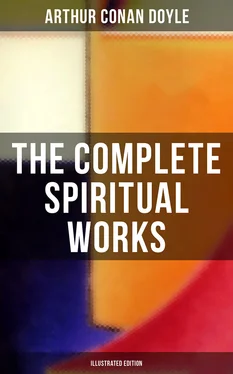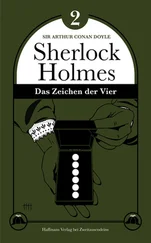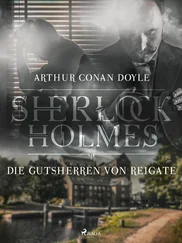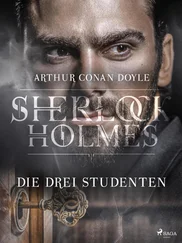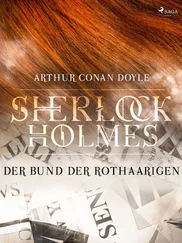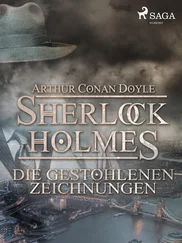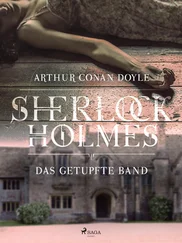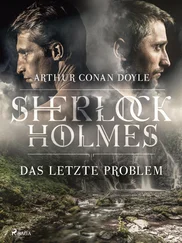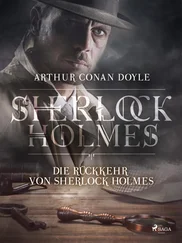Table of Contents
More English than the English.—A day in the Bush.—Immigration.—A case of spirit return.—A Séance.—Geelong.—The lava plain.—Good-nature of General Ryrie.—Bendigo.—Down a gold mine.—Prohibition v. Continuance.—Mrs. Knight MacLellan.—Nerrin.—A wild drive.—Electric shearing.—Rich sheep stations.—Cockatoo farmers.—Spinnifex and Mallee.—Rabbits.—The great marsh.
In some ways the Australians are more English than the English. We have been imperceptibly Americanised, while our brethren over the sea have kept the old type. The Australian is less ready to show emotion, cooler in his bearing, more restrained in applause, more devoted to personal liberty, keener on sport, and quieter in expression (as witness the absence of scare lines in the papers) than our people are. Indeed, they remind me more of the Scotch than the English, and Melbourne on a Sunday, without posts, or Sunday papers, or any amenity whatever, is like the Edinburgh of my boyhood. Sydney is more advanced. There are curious anomalies in both towns. Their telephone systems are so bad that they can only be balanced against each other, for they are in a class by themselves. One smiles when one recollects that one used to grumble at the London lines. On the other hand the tramway services in both towns are wonderful, and so continuous that one never hastens one's step to catch a tram since another comes within a minute. The Melbourne trams have open bogey cars in front, which make a drive a real pleasure.
One of our pleasant recollections in the early days of our Melbourne visit was a day in the bush with Mr. Henry Stead and his wife. My intense admiration for the moral courage and energy of the father made it easy for me to form a friendship with his son, who has shown the family qualities by the able way in which he has founded and conducted an excellent journal, Stead's Monthly . Australia was lucky ever to get such an immigrant as that, for surely an honest, fearless and clear-headed publicist is the most valuable man that a young country, whose future is one long problem play, could import. We spent our day in the Dandenong Hills, twenty miles from Melbourne, in a little hostel built in a bush clearing and run by one Lucas, of good English cricket stock, his father having played for Sussex. On the way we passed Madame Melba's place at Lilydale, and the wonderful woods with their strange tree-ferns seemed fit cover for such a singing bird. Coming back in Stead's light American car we tried a short cut down roads which proved to be almost impossible. A rather heavier car ahead of us, with two youths in it, got embedded in the mud, and we all dismounted to heave it out. There suddenly appeared on the lonely road an enormous coloured man; he looked like a cross between negro and black fellow. He must have lived in some hut in the woods, but the way his huge form suddenly rose beside us was quite surprising. He stood in gloomy majesty surveying our efforts, and repeating a series of sentences which reminded one of German exercises. "I have no jack. I had a jack. Some one has taken my jack. This is called a road. It is not a road. There is no road." We finally levered out the Australian car, for which, by the way, neither occupant said a word of thanks, and then gave the black giant a shilling, which he received as a keeper takes his toll. On looking back I am not sure that this slough of despond is not carefully prepared by this negro, who makes a modest income by the tips which he gets from the unfortunates who get bogged in it. No keeper ever darted out to a trap quicker than he did when the car got stuck.
Stead agreed with me that the Australians do not take a big enough view of their own destiny. They—or the labour party, to be more exact—are inclined to buy the ease of the moment at the cost of the greatness of their continental future. They fear immigration lest it induce competition and pull down prices. It is a natural attitude. And yet that little fringe of people on the edge of that huge island can never adequately handle it. It is like an enormous machine with a six horsepower engine to drive it. I have a great sympathy with their desire to keep the British stock as pure as possible. But the land needs the men, and somewhere they must be found. I cannot doubt that they would become loyal subjects of the Empire which had adopted them. I have wondered sometimes whether in Lower California and the warmer States of the Union there may not be human material for Australia. Canada has received no more valuable stock than from the American States, so it might be that another portion of the Union would find the very stamp of man that Queensland and the north require. The American likes a big gamble and a broad life with plenty of elbow-room. Let him bring his cotton seeds over to semi-tropical Australia and see what he can make of it there.
To pass suddenly to other-worldly things, which are my mission. People never seem to realise the plain fact that one positive result must always outweigh a hundred negative ones. It only needs one single case of spirit return to be established, and there is no more to be said. Incidentally, how absurd is the position of those wiseacres who say "nine-tenths of the phenomena are fraud." Can they not see that if they grant us one-tenth, they grant us our whole contention?
These remarks are elicited by a case which occurred in 1883 in Melbourne, and which should have converted the city as surely as if an angel had walked down Collins Street. Yet nearly forty years later I find it as stagnant and material as any city I have ever visited. The facts are these, well substantiated by documentary and official evidence. Mr. Junor Browne, a well-known citizen, whose daughter afterwards married Mr. Alfred Deakin, subsequently Premier, had two sons, Frank and Hugh. Together with a seaman named Murray they went out into the bay in their yacht the "Iolanthe," and they never returned. The father was fortunately a Spiritualist and upon the second day of their absence, after making all normal inquiries, he asked a sensitive, Mr. George Spriggs, formerly of Cardiff, if he would trace them. Mr. Spriggs collected some of the young men's belongings, so as to get their atmosphere, and then he was able by psychometry to give an account of their movements, the last which he could see of them being that they were in trouble upon the yacht and that confusion seemed to reign aboard her. Two days later, as no further news was brought in, the Browne family held a séance, Mr. Spriggs being the medium. He fell into trance and the two lads, who had been trained in spiritual knowledge and knew the possibilities, at once came through. They expressed their contrition to their mother, who had desired them not to go, and they then gave a clear account of the capsizing of the yacht, and how they had met their death, adding that they had found themselves after death in the exact physical conditions of happiness and brightness which their father's teaching had led them to expect. They brought with them the seaman Murray, who also said a few words. Finally Hugh, speaking through the medium, informed Mr. Browne that Frank's arm and part of his clothing had been torn off by a fish.
"A shark?" asked Mr. Browne.
"Well, it was not like any shark I have seen."
Mark the sequel. Some weeks later a large shark of a rare deep-sea species, unknown to the fishermen, and quite unlike the ordinary blue shark with which the Brownes were familiar, was taken at Frankston, about twenty-seven miles from Melbourne. Inside it was found the bone of a human arm, and also a watch, some coins, and other articles which had belonged to Frank Browne. These facts were all brought out in the papers at the time, and Mr. Browne put much of it on record in print before the shark was taken, or any word of the missing men had come by normal means. The facts are all set forth in a little book by Mr. Browne himself, called "A Rational Faith." What have fraudulent mediums and all the other decoys to do with such a case as that, and is it not perfectly convincing to any man who is not perverse? Personally, I value it not so much for the evidence of survival, since we have that so complete already, but for the detailed account given by the young men of their new conditions, so completely corroborating what so many young officers, cut off suddenly in the war, have said of their experience. "Mother, if you could see how happy we are, and the beautiful home we are in, you would not weep except for joy. I feel so light in my spiritual body and have no pain, I would not exchange this life for earth life even it were in my power. Poor spirits without number are waiting anxiously to communicate with their friends when an opportunity is offered." The young Brownes had the enormous advantage of the education they had received from their father, so that they instantly understood and appreciated the new conditions.
Читать дальше
